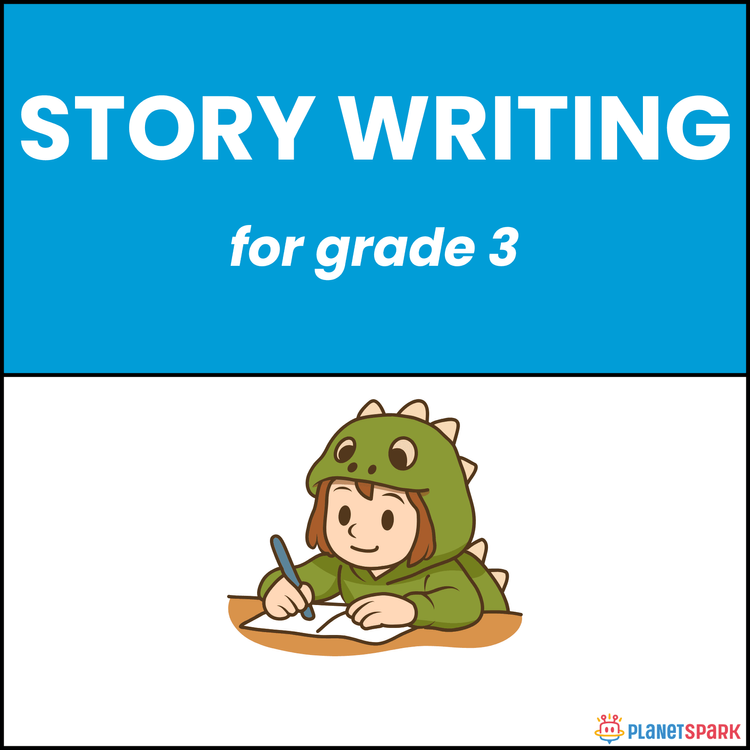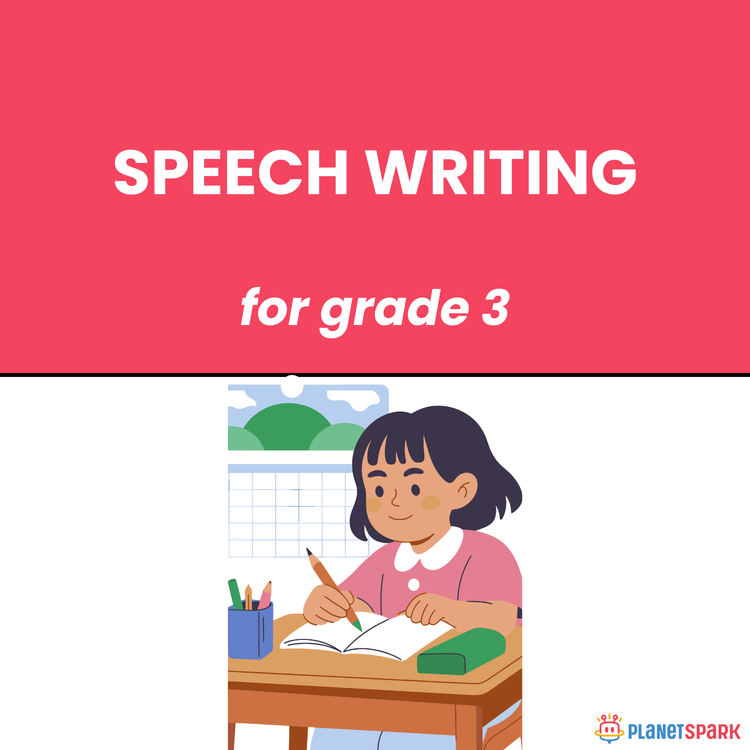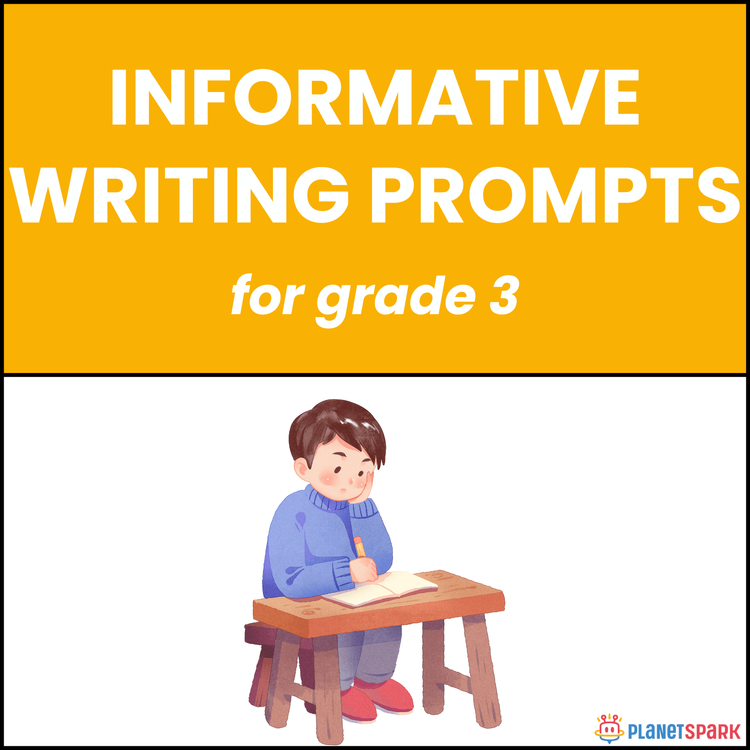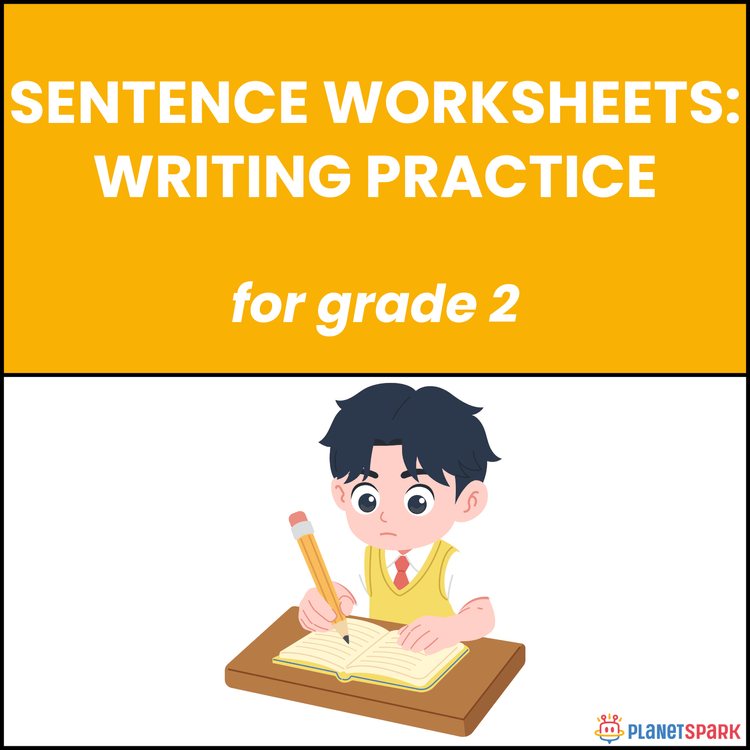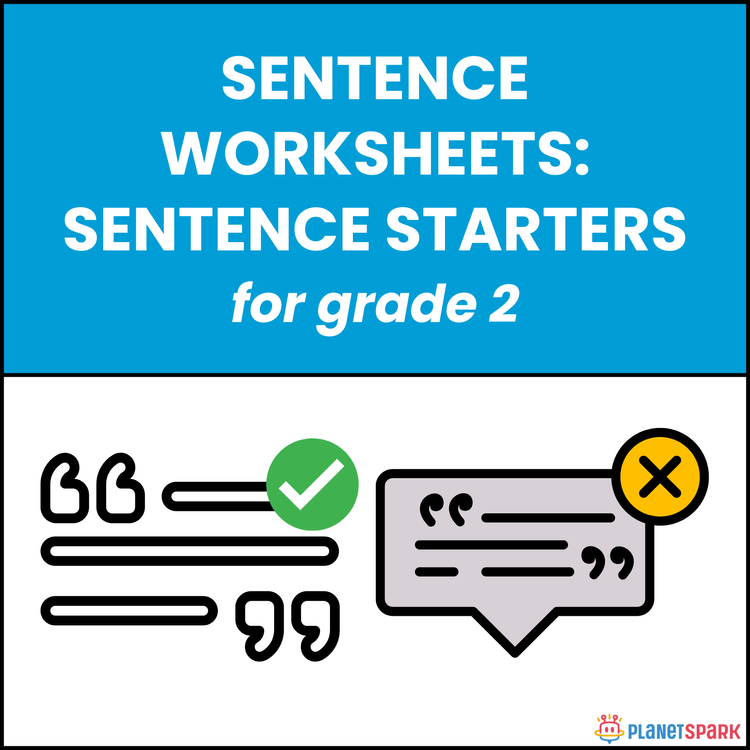Grade 3 Reading Passage: The Farmer & the Magic Pot
Class 3EnglishStory TellingFree DownloadPDF
Smruti Supramna Visit Profile
I’m a passionate English educator who believes deeply in the transformative power of learning. I’ve taught and supported peers, juniors, and higher secondary school students, driven by a genuine desire to help them grow as confident communicators. My experience as a content writer has strengthened my language skills, research abilities, and clarity of expression—all of which enrich my approach to teaching. I hope to contribute meaningfully to the growth and development of future generations by creating an inspiring and empowering learning experience.
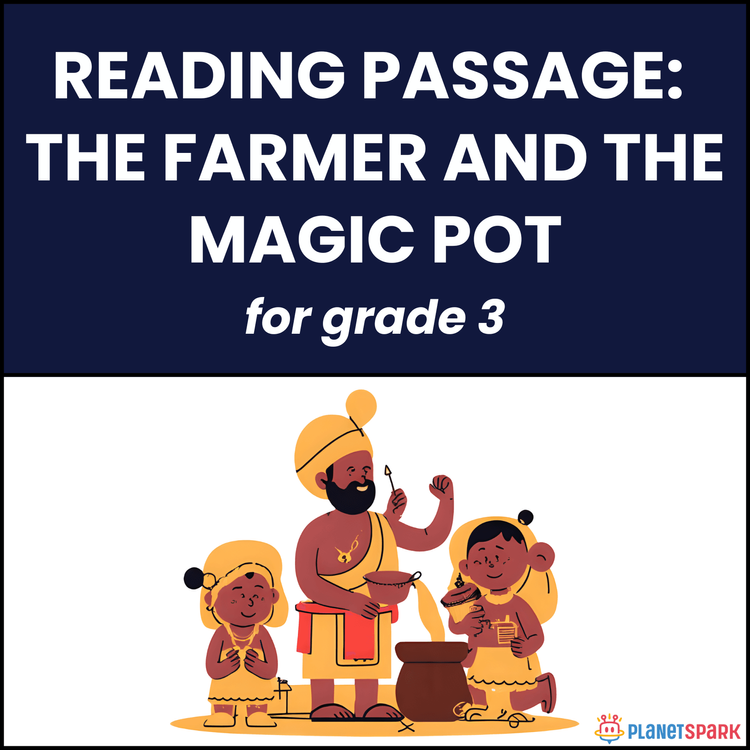

Grade 3 Reading Passage: The Farmer & the Magic Pot
Class 3EnglishStory TellingFree DownloadPDF
Smruti Supramna Visit Profile
I’m a passionate English educator who believes deeply in the transformative power of learning. I’ve taught and supported peers, juniors, and higher secondary school students, driven by a genuine desire to help them grow as confident communicators. My experience as a content writer has strengthened my language skills, research abilities, and clarity of expression—all of which enrich my approach to teaching. I hope to contribute meaningfully to the growth and development of future generations by creating an inspiring and empowering learning experience.
The Gift of Giving: The Farmer and the Magic Pot – Reading Comprehension for Class 3
This Grade 3 reading comprehension worksheet retells the inspiring folk tale The Farmer and the Magic Pot, where a humble farmer discovers a clay pot with magical powers. Through the story, children learn that kindness and honesty bring true rewards, while greed leads to trouble.
Students will strengthen their reading fluency, recall, and moral reasoning as they explore how Hari uses the magic pot to help others and how his cousin Ramu learns a hard lesson about greed. The worksheet balances factual recall with values-based reflection to build both comprehension and character.
Learners engage in a variety of question types — multiple-choice, short-answer, and higher-order thinking — that develop deeper understanding and language skills. This story-based learning helps students connect moral lessons with grammar and comprehension growth.
Why Reading Comprehension Matters in Grammar?
Comprehension exercises strengthen every part of language learning. For Grade 3 students, this topic is important because:
1. It improves vocabulary and sentence interpretation through storytelling.
2. It helps children distinguish between right and wrong behavior in context.
3. It develops attention to detail and the ability to infer meaning.
4. It encourages reflective thinking and empathy through moral learning.
What’s Inside This Worksheet?
🧠 Exercise 1 – Multiple Choice Questions
Students answer simple factual questions about what Hari found, what the pot did, and what he did with the extra food.
✏️ Exercise 2 – Short Answer Questions
Learners describe why Hari was surprised, how he used the coins, and how Ramu acted differently.
📚 Exercise 3 – Reflection and Connection
Students think beyond the story to explore themes of kindness, greed, and trust, along with vocabulary practice from the passage.
📝 Vocabulary Builder
Students find a synonym for "very big" from the passage to build word recognition and context understanding.
✅ Answer Key (For Parents & Educators)
Exercise 1 – Choose the Correct Option
1. b) A large clay pot
2. c) It multiplied them
3. a) Shared it with neighbours
Exercise 2 – Short Answer Questions
1. Hari was surprised because the pot doubled everything; it even made two spades.
2. Hari used the coins to repair the village road and help others.
3. Ramu used the pot selfishly to get more gold coins.
Exercise 3 – Reflection and Connection
1. The story teaches that greed brings trouble, while kindness helps everyone.
2. If Ramu had shared, he might have learned teamwork and avoided the mess of endless coins.
3. The villagers trusted Hari because he had always shared fairly and acted honestly.
4. Large — means “very big” in the passage.
Help your child discover the magic of kindness, sharing, and smart reading with this moral-packed comprehension worksheet!
Encourage wisdom through stories that teach language and life together.
🔖Book a free trial!
Frequently Asked Questions
They help students connect reading with real-life lessons about kindness, honesty, and sharing.
Learners improve sequencing, cause-and-effect understanding, and empathy while enjoying English for early learners.
It helps children understand cooperation, gratitude, and how good actions create happiness for everyone.

